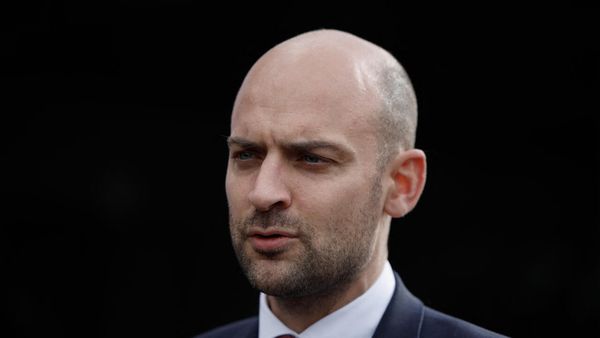
However much of it we’ve got, the way we manage our money impacts almost every area of our lives, and practising good money management is one of the most important skills we can learn. This means it’s vital we ensure our children know how to look after their finances, too – especially as the use of digital payments is growing, which, experts say, makes understanding the concept of value of money increasingly difficult for little ones.
Money behaviours and attitudes may be well developed by the time your child is seven, so it’s best to start imparting key money lessons early on. Here are five ideas to get you underway ...
1 Don’t underestimate your influence
Helping young people to learn how to manage their money early can help them build good habits for the future – for example, better saving behaviours are found among children whose parents openly discuss household finances. So whether you’re a parent, grandparent, or guardian, set a good example whenever you can, for instance, by explaining financial terms to children that they may not be familiar with, such as income and expenditure.
Children who are given pocket money or earn cash for doing chores also tend to show more “financially capable behaviours” – regardless of the amount received.
2 It’s never too early to start the conversation
Financial education has been embedded in the curriculum across the UK, so your children will already be familiar with the key concepts not long after starting school. Discussing money has a positive impact on children’s money behaviours and because tech is changing the way we use it, developing money skills early will help them adapt more easily. For example, try asking your child if they can spot any special offers when shopping online and ask if and why they thought the offer was a good deal. Starting when they are younger allows more time for them to build positive long-term habits and learn from mistakes.

3 Build financial literacy into everyday moments
Think of all the times you spend money and the ways your finances influence your life – there are plenty of opportunities to share good habits and practise money skills with your children. This could be creating a budget for the weekly shopping list, paying bills online, talking about what happens when you pay for something with a card or calculating change when using cash. Managing your money isn’t just about being able to calculate, either – it involves being a critical consumer and understanding what makes value for money (like comparing branded and non-branded products in shops). As an exercise, ask your child to think about something they may want – it could be a day out somewhere, a toy or new pair of trainers – and then together work out how long they will need to save in order to buy it. Learning how to achieve savings goals is a skill they should find valuable at all stages of their life. LifeSkills has an easy-to-use budgeting tool to help.
4 Equip children with skills to stay safe
As bleak as it is, fraudsters have adapted in response to the pandemic and fraud has since reached record levels. As young people spend more time online, they are at a much higher risk of frauds that include digital elements, such as online shopping, online banking or ticket fraud. This means there are specific risks for them to be aware of and there’s a need for them to understand how to protect themselves online and particularly how the information they post can put them at risk. For example, ask them to think about how geotagging pictures on social media could give away their home address – what could fraudsters do with this information? How could they minimise the risks?
5 Use resources to learn together
Financial education has become a big topic in the past 10 years and the Money and Pensions Service and the government have big ambitions to improve the financial skills and wellbeing of everyone in the UK. It means there are plenty of credible sources of information and activities out there – Barclays LifeSkills has produced a suite of resources on a range of topics to bring financial education to life, which can be found here: barclayslifeskills.com. Make use of some of the films or interactive tools to kickstart the conversation and get your children thinking and developing practical skills and positive behaviours. You might even pick up something you didn’t know in the process.
To find out more about teaching money skills to your family, visit barclayslifeskills.com







